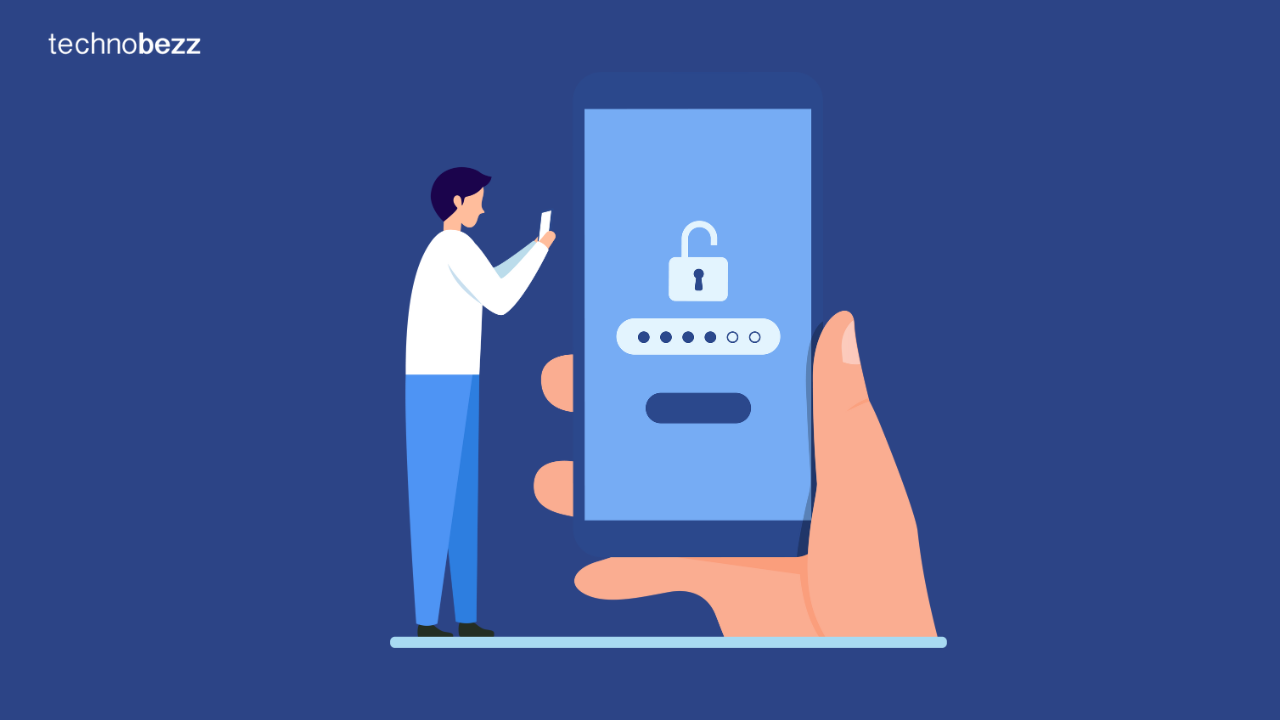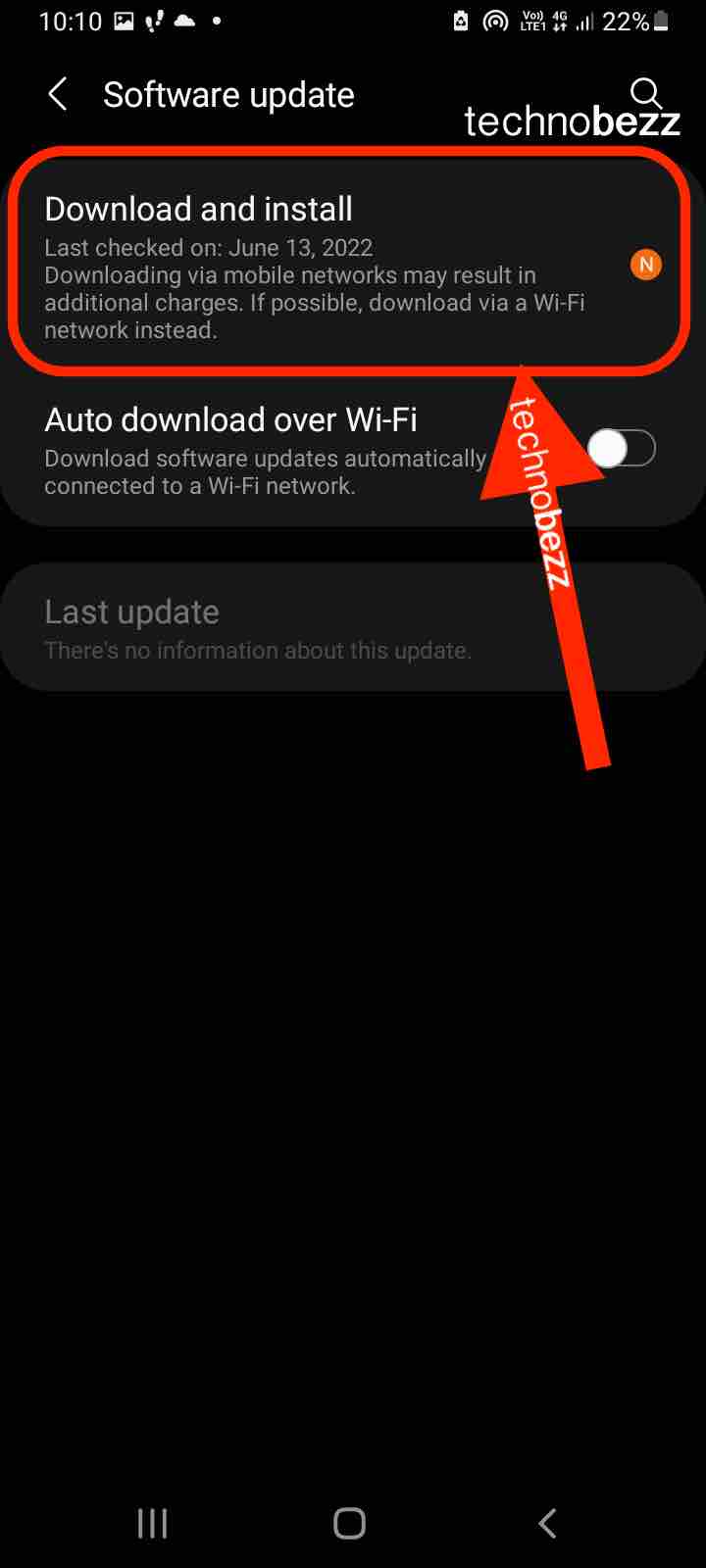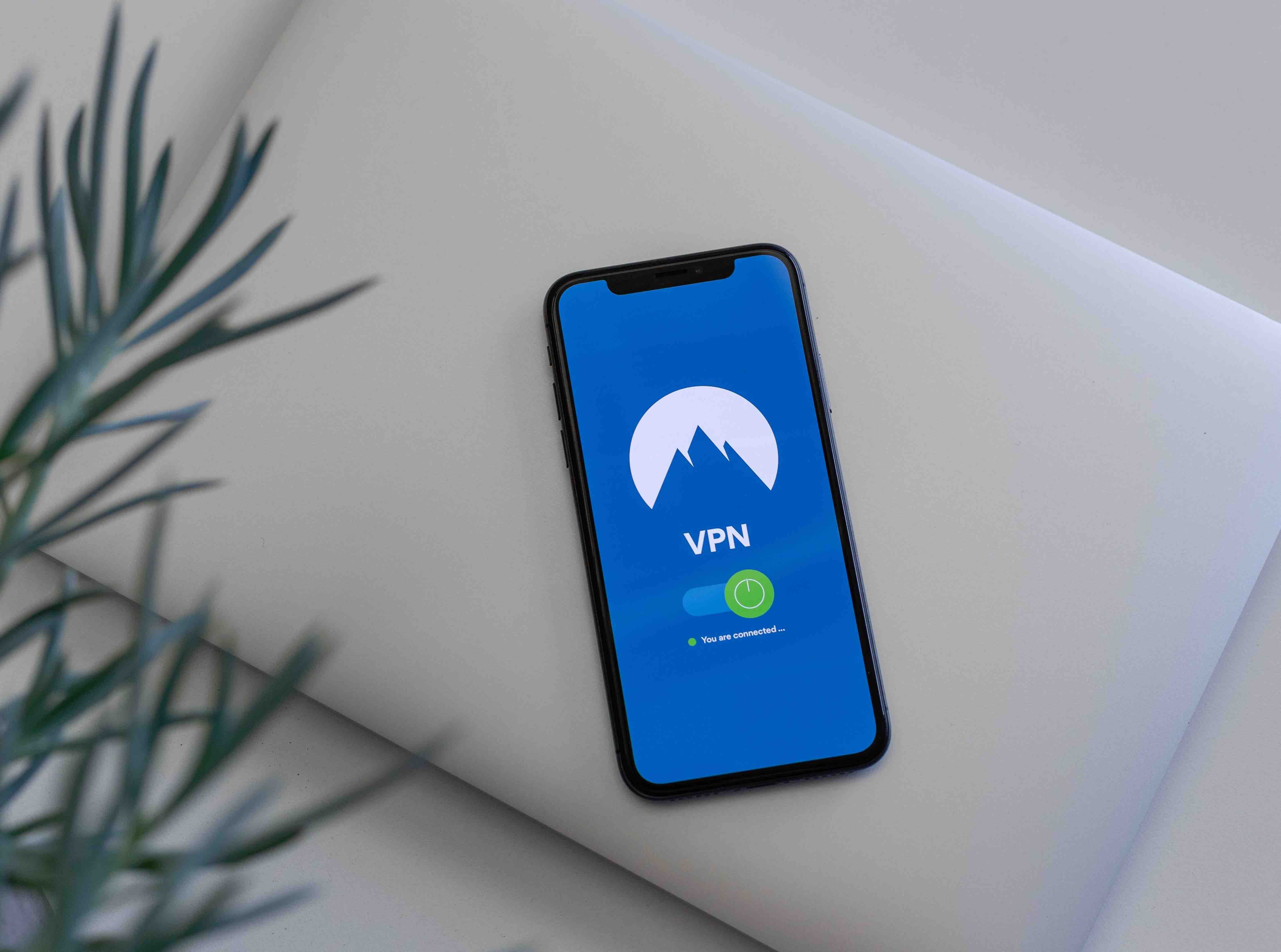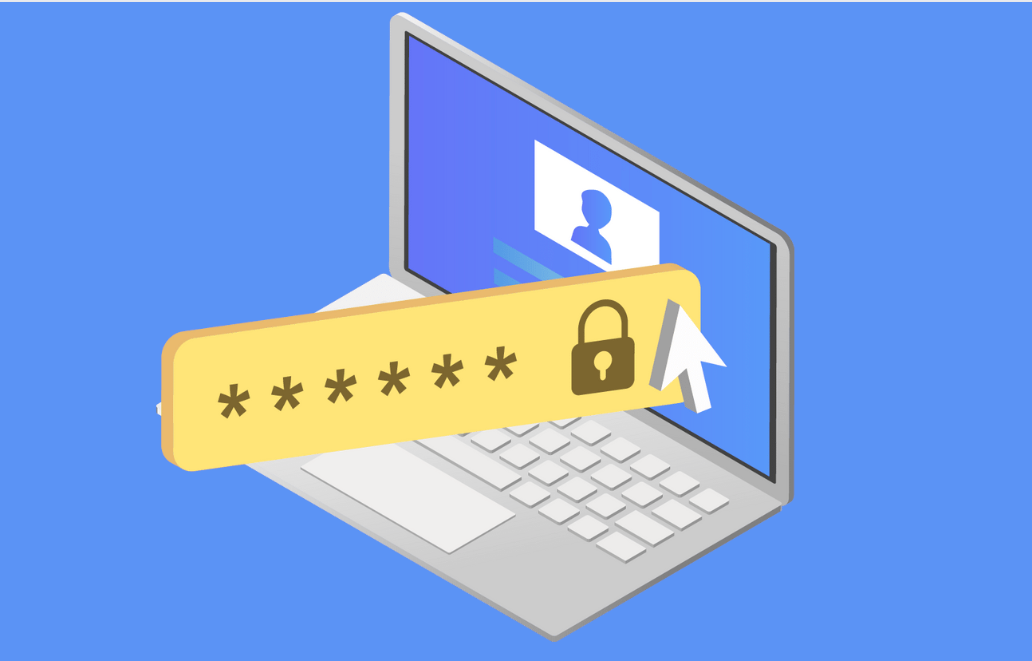Smartphone Security 101: Essential Tips to Keep Hackers at Bay

Think about it: for most of us, our smartphone is a miracle device, replacing a slew of other gadgets to become our ultimate digital Swiss Army knife. But for hackers? It's a gold mine, brimming with data just waiting to be stolen.
Why? Because our phones are packed with a staggering amount of personal info—from login credentials and sensitive emails to private texts and photos. A security breach isn't just a nuisance; it can be costly and downright humiliating.
See also - How to tell if your Android is hacked?
But do we really have to sit around, waiting to be the next victims? Hardly! It might feel like hackers have the upper hand, but taking control of your smartphone security is easier than you think.
Get Those Updates

One of the easiest and most direct ways to reduce your risk of being hacked is by updating your phone whenever the opportunity presents itself. These updates, such as the recent move to Android Nougat 12 or Apple’s move to iOS 16, can fix the exploits hackers use to infiltrate your device.
As easy as updating can be, it’s one of the most neglected steps. Updates can sometimes change your interface or keep old apps from working. However, some older apps and elements might pose a major risk, and moving up to a newer version is typically worth the trade-off.
Just remember that some companies don’t continue to provide updates for their older products, so at some point, you might be forced to buy a newer phone to continue receiving updates.
See also - How to Delete Photos from Google Photos Without Deleting from Phone
Use a Virtual Private Network

Using a Virtual Private Network (VPN) is another easy step you can take to throw hackers off your trail—literally, in this case, because a VPN actually helps make your device wholly anonymous and virtually invisible to hackers.
While VPNs can protect you all the time, the point you’ll get the most use out of them is while accessing public WiFi. Unsecured public networks are among the most popular hotspots that hackers use to infiltrate people’s devices. Without a service securing your connection, it only takes a few minutes to access nearly everything you’ve got to steal.
Stick With First-Party Apps
Numerous websites purport to have free, reliable apps with no strings attached that can outperform paid apps in your native app store. In some cases, the claims are true; in most cases, you’re looking at taking unnecessary risks.

Apps downloaded outside of Android or iOS and their respective controlled app stores are subject to infection by malware or may outright be designed to steal information from your device. Contrast that with the vetted apps available through the app store, and the decision isn’t a difficult one.
Grab an Antivirus App
Multiple different companies offer anti-virus apps for your mobile device, and while not all are created equal, they all provide the valuable service of extra security by ensuring apps and files you download aren’t infected with anything before you open them. Hackers love to use malware to steal passwords and account information.
Even if you’re sticking with first-party apps, you still need to download a PDF, image or another file type for use on your device. These files are just as apt to be infected by malware, so having a service such as Avast or Bitdender can help stop threats before they become a problem.
Use a Password Manager

The increase in the number of accounts each person accesses regularly means a greater need to create and remember more passwords. For many of us, that means reusing the same password and putting not just one but all of our accounts at risk.
Instead of compromising, use a service such as LastPass to reduce your need to memorize passwords. This will allow you to use a single master password to access your account while still maintaining strong, difficult individual passwords for each unique login.
LastPass stores your passwords on an encrypted server, so you’ll never have to worry about hackers stealing them because—much like the VPN situation described above—encrypted information really isn’t worth much to a thief.
Avoid Suspicious Links
Scams are another tool in the hacker arsenal and a popular one. Criminals like to create fake websites and send out hyperlinks via SMS, email or from other compromised accounts. These links are often disguised as popular pages, such as the Facebook login screen or your email account login page.
See also - Facebook Not Loading? 14 Ways To Fix It
Look for unusual behavior in posts from friends as an indicator of a hacker using them to scam others. Deviations from the standard way the person types (particularly strange grammatical mistakes) can reveal the identity of a fraudster enough for you to report the account stolen and avoid losing your own accounts to their scam.
When in doubt, check the URL address for links before visiting them. You can do this by tapping and holding your finger on a link; if you’re already on the page, just look at the address bar. Variations from regular page addresses such as facebook.com versus facebooku.com might mean you’re somewhere you shouldn’t be.
